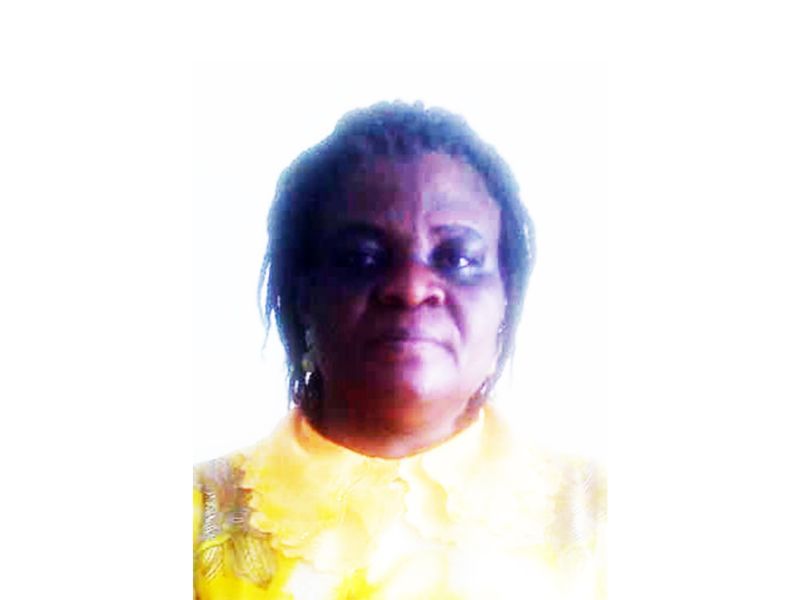Statistics for 2017-18 have revealed that the Eastern Region leads in forced early child marriage in Ghana, Juliana Abbeyquaye, the Acting Eastern Regional Director at the Department of Gender has disclosed at a national stakeholders meeting on ‘End Child Marriage’ in Kumasi.
The forum was organised by the Ministry of Gender, Social and Children Protection, in collaboration with UNICEF.
She disclosed that the rate is currently reducing, with the national average of 19%, while Eastern region, at the regional level, recorded 28% as the biggest in Ghana.
According to her, most of the early child marriages are not formal because most of the victims and girls in the region get pregnant and the parents push them to go and stay with the men who impregnated them, at the expense of their education or apprenticeship.
Mad. Juliana Abbeyquaye disclosed that most of the causes of teenage pregnancies leading to early girl’s child marriage are child trafficking, of which most of the Okada drivers take advantage of them and impregnate them, because of lack of proper accommodation or shelters and good incomes which the men promise.
The Director further disclosed that, the department always sensitise the victims and their parents to embrace government’s re-entry school policy for pregnant school girls and entrepreneurial skills programmes to enable them become responsible adults.
Malonia Asibi, Head – Domestic Violence Secretariat, Ministry of Gender, Social and Children Protection, explained that the meeting was geared towards collating operational plans of stakeholders for an update.
She said the meeting would also ensure that the stakeholders validate the draft to be used for their operational activities next year.
Asibi stated that the Girl Child is an important person and should be well catered for by the nation through guidance, to be part of national development goals.
She, therefore, entreated parents and policy makers to empower the girl child by giving them better education even if they get pregnant in school and not push them into early marriage.
Madam Asibi urged parents to give both their boys and girl child equal opportunity in education instead of pushing them into marriages.
Yeri Nancy of Norsaac, Northern Region, on behalf of Civil Society Organisations (CSOs) disclosed that the organisation has currently reached out to about 10,000 adolescent girls within the North, Savanna, North East and Upper regions, and rescued about 35 who are being sensitised together with their parents on the importance of getting back to school, as well as entrepreneurial training and effects of early girl child marriages.








